About Lenawee County Community Mental Health
Lenawee County Community Mental Health offers a variety of services to help those struggling with mental health issues. Their dual diagnosis program helps those with both mental health and substance abuse issues. They also have programs specifically for young adults, adults, and the elderly. Dialectical behavior therapy, group therapy, and trauma therapy are just a few of the types of therapy offered.
Addiction Treatment Programs
Dual Diagnosis
Mental health concerns and substance use are often linked, which is known as a dual diagnosis. The right rehab in Michigan can help you break free. Whether you need detox, inpatient treatment, or outpatient care, a dual diagnosis program will offer specific support for your mental health needs alongside traditional substance use treatment.
Young Adult Rehab
Young people need unique support, and a young adult rehab in Michigan can help them learn new life skills while overcoming addiction. Whether you need detox, inpatient treatment, or outpatient care, a young adult program will offer specific support for your emotional, mental, and social needs.
Adult Program
An adult program in Michigan addresses the recovery needs of clients in this life stage and gives them the tools they need to succeed. Whether you need detox, inpatient treatment, or outpatient care, an adult program will offer specific support for your emotional, mental, and social needs.
Senior Rehab
Insurance Coverage
Medicaid
When looking for ways to pay for rehab in Michigan, consider Medicaid if you are struggling to afford treatment. You’ll need to choose a program that accepts Medicaid as payment, and you can access multiple levels of care, including detox, inpatient, and outpatient treatment.
Self-pay options
There are many options to pay for rehab in Michigan, including self-pay. This gives you maximum freedom to choose the treatment center you like. You simply use a medical loan, write a check, or send money electronically to the center. Different types of care may have different fee structures.
Financial aid
In Michigan, financial aid programs can be a great option when it comes to paying for rehab, if you qualify. You may be able to find aid through community groups in your area, and individual treatment centers may offer grants and scholarships as well.
Medicare
There are many ways to pay for rehab in Michigan. One option is Medicare. Keep in mind that you’ll need to choose a center that accepts your plan, and you might have out-of-pocket costs such as a deductible or copayment. Look into your plan documents for full details.
Levels of Care
- 1
Outpatient Rehab
If you want to attend school or work during rehab, consider outpatient treatment in Michigan. You’ll live independently except when you’re attending rehab. Building a new life for yourself takes time, and it’s important to have enough support throughout the process. Outpatient treatment allows you to have more intensive or less intensive help, depending on your needs.
Therapies
Dialectical Behavior Therapy
Dialectical behavioral therapy in Michigan gives you tools to learn new behaviors to improve and change your life. Substance use treatment includes detox, inpatient treatment, and outpatient care, and DBT may be a part of each of these stages. The goal is to help clients develop the skills they need to solve the problems they face without substance use.
Group Therapy
Overcoming substance use is easier if you’re not alone. During group therapy in Michigan, you’ll hear others’ perspectives and get the support you need. Substance use treatment includes detox, inpatient treatment, and outpatient care, and group therapy may be a part of each of these stages. The goal is to help clients support each other, provide accountability, and relate to each other’s experiences.
Trauma Therapy
Many people with addiction issues in Michigan use substances to decrease difficult feelings such as guilt, shame, fear, and more. Trauma-informed therapy can help you understand where these feelings come from and how to deal with them in a better way. Both inpatient treatment and outpatient care can include trauma-informed therapy, which helps you create a feeling of safety, access peer support, embrace the validity of your feelings, and create healthy coping skills.
Location
Contact Lenawee County Community Mental Health
Top Drug Rehab Centers in Michigan
-
 Michigan
MichiganAscension Brighton Center for Recovery
12851 Grand River Road Brighton, Michigan 48116
-
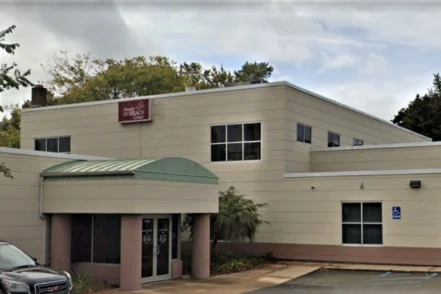 Michigan
MichiganFamily Outreach Center Grand Rapids
1939 South Division Avenue Grand Rapids, Michigan 49507
-
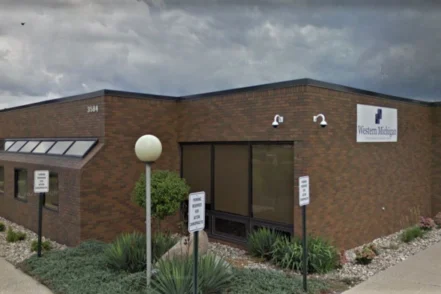 Michigan
MichiganWestern Michigan Comprehensive Treatment Center
3584 Fairlanes Avenue Sw, Suite 2 Grandville Gaastra, Michigan 49418
-
 Michigan
MichiganBear River Health at Walloon Lake
2329 Center Street Boyne Falls, Michigan 49713
-
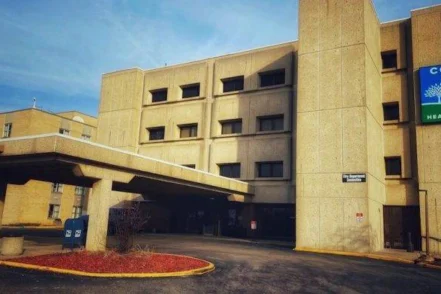 Michigan
MichiganAdvanced Rapid Detox
4777 East Outer Drive, Suite 2 West Detroit, Michigan 48234
-
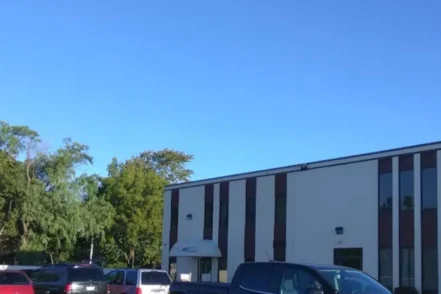 Michigan
MichiganBio Medical Behavioral Healthcare Roseville
31581 Gratiot Avenue, Suite 100 Roseville, Michigan 48066
-
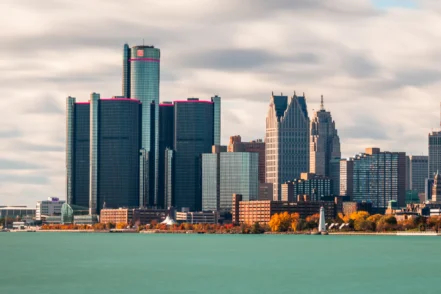 Michigan
MichiganQuality Behavioral Health Detroit
745 East Grand Boulevard Detroit, Michigan 48207
-
 Michigan
MichiganCommunity Medical Services
25639 Ford Road Dearborn Heights, Michigan 48127
-
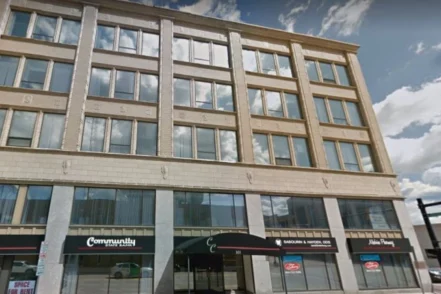 Michigan
MichiganSacred Heart Rehabilitation Center Saginaw
301 East Genesee Street Saginaw, Michigan 48607
-
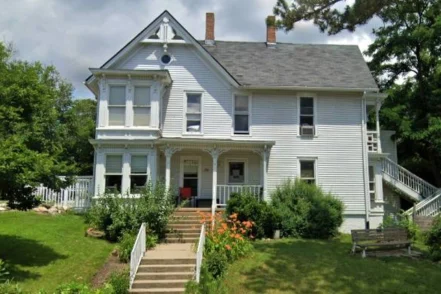 Michigan
MichiganDawn Farm Spera
502 West Huron Street Ann Arbor, Michigan 48103
-
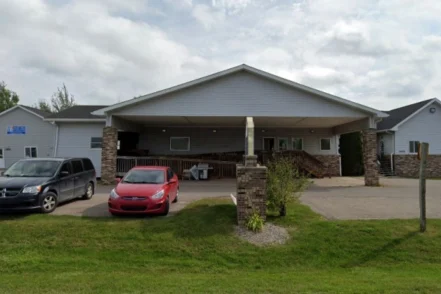 Michigan
MichiganGreat Lakes Recovery Centers Womens New Hope House
2655 Ashmun Street Sault Ste. Marie, Michigan 49783
-
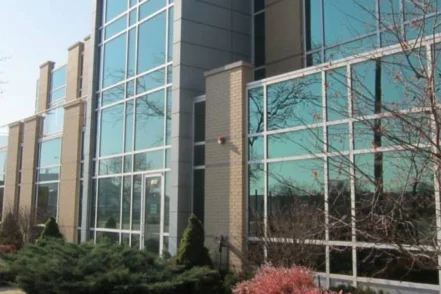 Michigan
MichiganAll Opiates Detox
1848 Biddle Ave Wyandotte, Michigan 48192
-
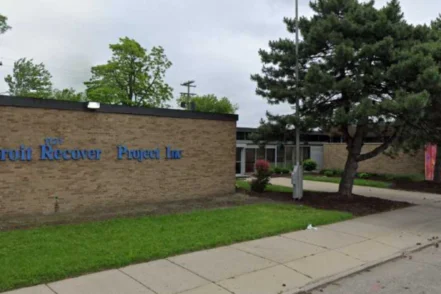 Michigan
MichiganDetroit Recovery Project Eastside Health and Wellness Recovery Resource Center
1121 East McNichols Road Detroit, Michigan 48203
-
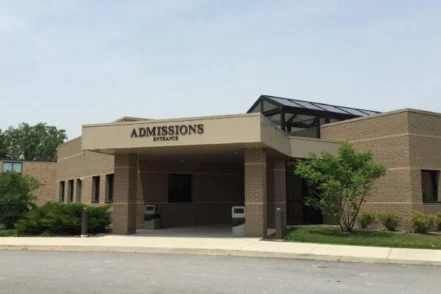 Michigan
MichiganSacred Heart Rehabilitation Center Richmond
400 Stoddard Road Richmond, Michigan 48062
-
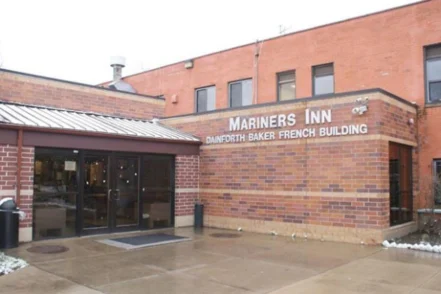 Michigan
MichiganMariners Inn
445 Ledyard Street Detroit, Michigan 48201